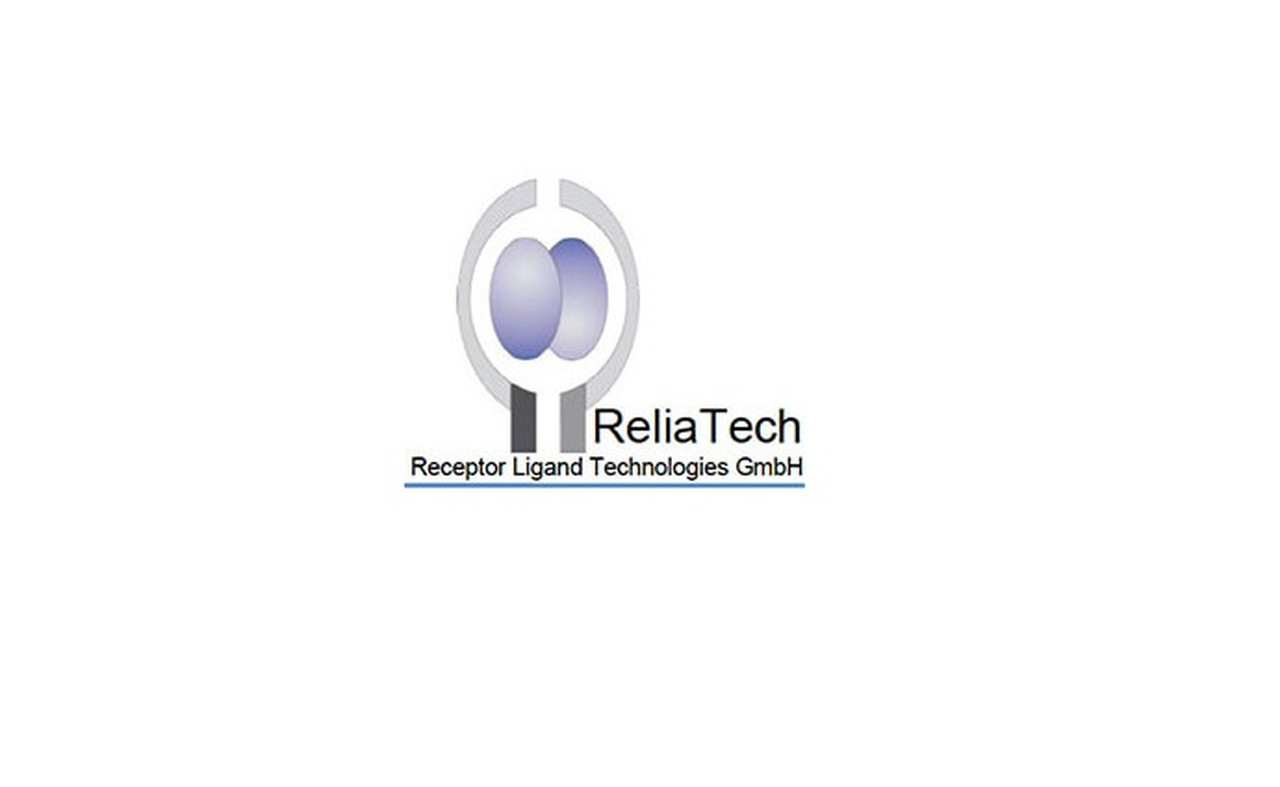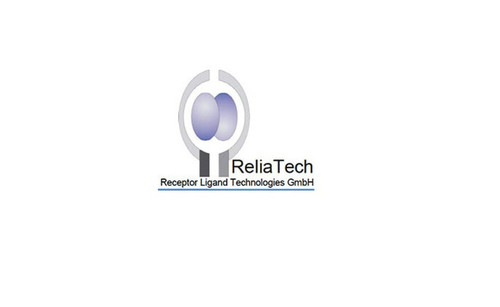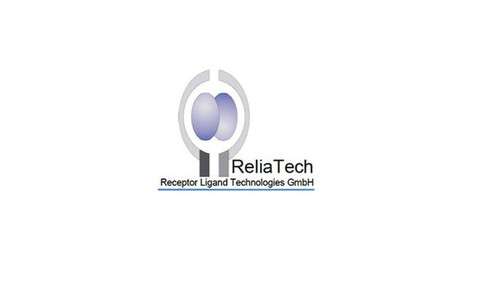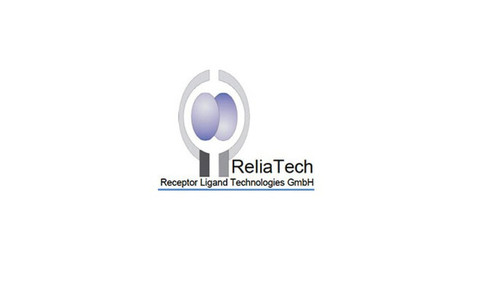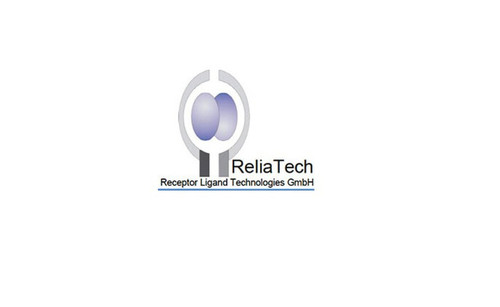Product Description
Rabbit Anti-Mouse Gremlin-1 Antibody | 103-PA46S/103-PA46 | ReliaTech
Species: Anti-Mouse
Host / biotech: Rabbit
Comment: N/A
Label: N/A
Clone / Antibody feature: Rabbit IgG
Subcategory: Polyclonal Antibody
Category: Antibody
Synonyms: Grem1; ld; Drm; Cktsf1b1
Isotype: N/A
Application: WB
Detection Range: Western Blot: use at 2-5 µg/ml; FACS: use at 3-10 µg/ml; IF/IHC: applicable with cryo-sections.
Species Reactivity/Cross reactivity: Mouse
Antigen: Recombinant mouse Gremlin-1 (RT #M30-025)
Description: Gremlin, also known as “Increased in High Glucose protein 2” (IHG2) and “Down regulated in Mos-transformed cells protein” (Drm), is a 28 kDa member of the Dan family of secreted glycoproteins. Native human Gremlin consist of 160 amino acids. The mature region contains one potential site for N-linked glycosylation (Asn42), a cysteine-rich region, and a cysteine-knot motif (aa94-184) whose structure is shared by members of the TGFβ superfamily. Posttranslational modifications include glycosylation and phosphorylation. Human Gremlin exists in both secreted and membrane-associated forms and there exist 2 isoforms. The aa sequence identity of human Gremlin with mouse and chicken Gremlin is 99% and 86%, respectively. Northern blot analysis shows that Gremlin mRNA is highly expressed in the small intestine, fetal brain and colon, and weakly expressed in adult brain, ovary, prostate, pancreas and skeletal muscle. Gremlin functions as a bone morphogenetic protein (BMP) antagonist. It acts by binding to, and forming heterodimers with, BMP2, BMP4, and BMP7, thus preventing them from interacting with their cell surface receptors. This mechanism is thought to be responsible for the pattern-inducing activity of Gremlin during embryonic development and to play a role in human diseases, such as diabetic nephropathy. However, intracellular BMP-independent mechanisms of action may mediate the ability of Gremlin to suppress transformation and tumor genesis under certain experimental conditions. Gremlin also interacts with Slit proteins and acts as an inhibitor of monocyte chemotaxis. In addition, Gremlin has been found to be a proangiogenic factor expressed by endothelium. Furthermore Gremlin is a novel agonist of the major proangiogenic receptor VEGFR2.
Purity Confirmation: N/A
Endotoxin: N/A
Formulation: lyophilized
Storage Handling Stability: The lyophilized antibody is stable for at least 2 years at -20°C. After sterile reconstitution the antibody is stable at 2-8°C for up to 6 months. Frozen aliquots are stable for at least 6 months when stored at -20°C. Addition of a carrier protein or 50% glycerol is recommended for frozen aliquots.
Reconstituation: Centrifuge vial prior to opening. Reconstitute in sterile water to a concentration of 0.1-1.0 mg/ml.
Molecular Weight: N/A
Lenght (aa): N/A
Protein Sequence: N/A
NCBI Gene ID: 23892
 Euro
Euro
 USD
USD
 British Pound
British Pound
 NULL
NULL

